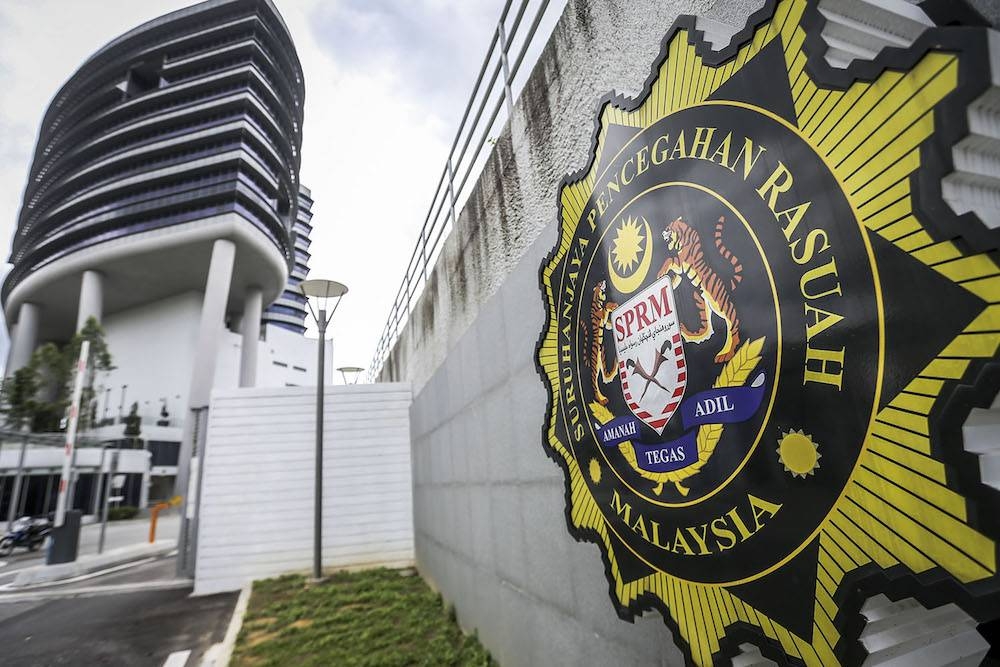SEPT 24 — Singapore is the least corrupt Asian country according to Transparency International’s (TI) Corruption Perceptions Index (CPI) from 1995 to 2021.
In 1995, Singapore was ranked third among 41 countries. Last year, Singapore shared joint fourth ranking with Norway and Sweden amongst 180 countries with a score of 85.
Malaysia was ranked 62/180 with a score of 48/100. According to TI, countries like Malaysia which are stuck in the middle of the index were facing the complex challenge of “grand corruption.”
This is the abuse of high-level power that benefits the few at the expense of the many, and which can destroy whole sectors, create recessions and end democracies.
Addressing grand corruption “requires the systematic dismantling of rent-seeking structure and dishonest cultures that public officials use to pocket funds. This needs to be driven by political leaders who hold power to account, for the common good.”
All forms of power and power holders at all levels must be held to account.
Is there anything to learn from Singapore?
The founding father of the modern island city-state Lee Kuan Yew once attributed his country’s effective system of combating corruption to four factors in a speech in Parliament in 1987. He said:
“First, on the law against corruption contained in the Prevention of Corruption Act; second, on a vigilant public ready to give information on all suspected corruption; and third, on a Corrupt Practices Investigation Bureau (CPIB) — an anti-corruption agency — which is scrupulous, thorough, and fearless in its investigations. For this to be so, the CPIB has to receive the full backing of the Prime Minister under whose portfolio it comes. But the strongest deterrent is in a public opinion which censures and condemns corrupt persons, in other words, in attitudes which make corruption so unacceptable that the stigma of corruption cannot be washed away by serving a prison sentence.”
What’s missing in Malaysia?

We have the law, contained in the Malaysian Anti-Corruption Commission (MACC) Act. Do we have a vigilant public ready to give information on all suspected corruption? How about an anti-corruption agency — the MACC — which is scrupulous, thorough and fearless in its investigations?
Is the government’s stand against corruption as unequivocal as the government in Singapore? The late Lee’s son, Lee Hsien Loong, who now leads the city-state once said of his government’s unequivocal stand against corruption as follows:
“Let me be quite clear: We will never tolerate corruption and we will not accept any slackening. Anyone who breaks the rules will be caught and punished — no cover-ups, no matter how senior the officer or how embarrassing it may be.
“It is far better to suffer the embarrassment and keep the system clean than to pretend that nothing went wrong and let the rot spread. ... And part of the solution has to be that if you do it, we will catch and punish you. ... Political leaders must continue to set high standards of honesty and integrity.
“The society must continue to reject corruption — not just because of rules and penalties, but because this reflects the society we want to live in, and the values we hold ourselves to.”
A public opinion that censures and condemns corruption and corrupt persons and a government that is unequivocal in its stand against corruption constitute what has been referred to as incorruptibility ingrained in the Singaporean psyche. (See Lee, H.L., “Incorruptibility ingrained in S’porean psyche”, Straits Times, 19 September 2012)
Is a Malaysian psyche missing as well?
*This is the personal opinion of the writer or columnist and does not necessarily represent the views of Malay Mail.





















